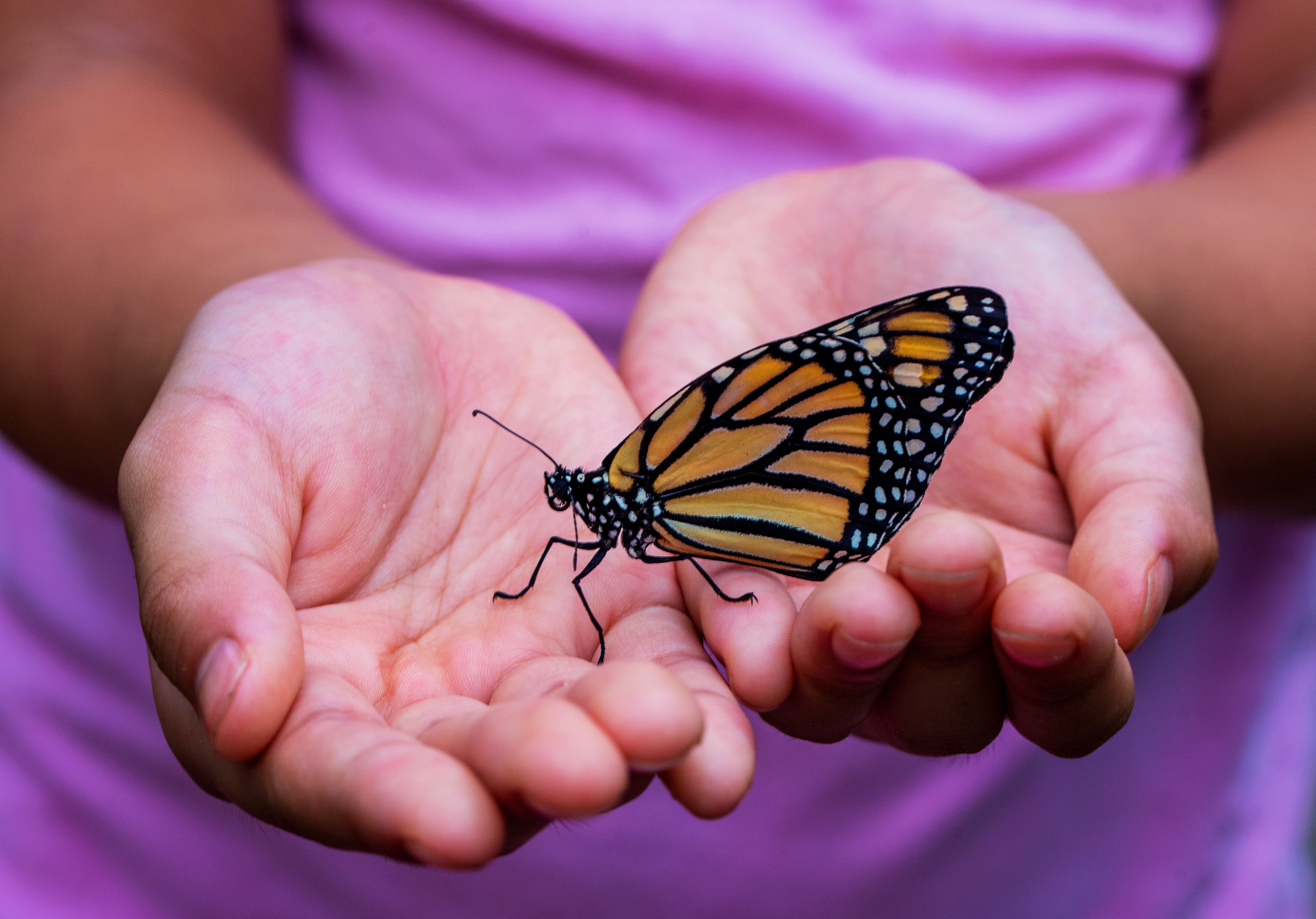1. Prioritizes the parental role (already has adapted his/her life and interests to accommodate the demands of the children.)
2. Physically available to children.
3. Continuity of relationship
–History of greater direct daily care of children
–History of sufficient attention to the children’s emotional needs
4. Knowledgeable about children’s developmental/educational progress
5. Knowledgeable about each child’s relative strengths and weaknesses
6. Awareness of each child’s special needs
7. Capacity to meet the needs of each child
8. Demonstrates eye contact and physical closeness with children
9. Reciprocates physical affection
10. Speaks and plays at child’s level
11. Offers clarifications, reflections, praise
12. Accurately interprets child’s questions and statements
13. Encourages emotional expression
14. Promotes child’s emotional awareness and identification of feelings in self and others
15. Expresses pleasure and pride to child
16. Proud of child’s accomplishments, yet permits failure
17. Encourages independence
18. Permits disagreement without excessive criticalness
19. Patient regarding child’s displays of autonomy
20. Makes reasonable demands for mastery of tasks
21. Facilitates self-control and age-appropriate delay of gratification
22. Creativity in diverting child’s inappropriate behavior toward imaginative play
23. Capacity to assist child with problem-solving by using logic or constructive fantasy to explore alternatives
24. Skillful in setting limits without invoking fear or giving in to child’s demands
25. Understands child’s needs for controls, rules, expectations
26. Accepts normal range of aggressive feelings in child
27. Stimulates child’s natural curiosity
28. Assists child with self-satisfaction through modeling, play, or humor
29. Realistically appraises child’s post-separation needs
30. Recognizes importance of other parent to the child
31. Has few unresolved emotional issues regarding the marriage and divorce
32. Does not model resentful attitudes toward the other gender
33. Adequately protects child from the parental conflicts
34. Does not use child as messenger/informant
35. Cooperates in providing physical access of child to the other parent
36. Perpetuates child’s relationships with significant others existing prior to separation
37. Capacity to tolerate other parent’s childrearing practices
38. Does not project own feelings onto child (i.e. able to facilitate child’s development as unique individual)
39. Good internal coping resources under stress
40. Capacity to demonstrate good judgment and to make appropriate decisions
41. No potential for role-reversal with child to fulfill parent’s needs to be cared for
42. Stimulates socialization/encourages interaction with others
43. Capacity to control own impulses (so as not to endanger child’s safety)
44. Models respect for property and rights of others
Menu
- Family Law
 Divorce OptionsOur firm focuses on nondestructive methods of dispute resolution. Years of experience have taught us that problem-solving and effective negotiation produce better results than a trial in most divorce cases.
Divorce OptionsOur firm focuses on nondestructive methods of dispute resolution. Years of experience have taught us that problem-solving and effective negotiation produce better results than a trial in most divorce cases. Relationship PlanningWhether you’re living together or planning to get married, we can help create better legal foundations for successful relationships with prenuptial and living together agreements.
Relationship PlanningWhether you’re living together or planning to get married, we can help create better legal foundations for successful relationships with prenuptial and living together agreements. Custody & SupportIf you are a parent going through a divorce, some of the most important issues to determine are the terms of your child custody arrangement. We will educate you about your options and create a successful plan for child custody and support.
Custody & SupportIf you are a parent going through a divorce, some of the most important issues to determine are the terms of your child custody arrangement. We will educate you about your options and create a successful plan for child custody and support.
- Estate Planning
 Wills & TrustsWe offer a variety of solutions for wills and trusts, including Revocable Living Trusts, Gun Trusts, and more.
Wills & TrustsWe offer a variety of solutions for wills and trusts, including Revocable Living Trusts, Gun Trusts, and more. Asset ProtectionThere are plenty of legitimate and legal reasons to protect your assets. Our Professionals can guide you through the available options and design the best plan for you.
Asset ProtectionThere are plenty of legitimate and legal reasons to protect your assets. Our Professionals can guide you through the available options and design the best plan for you. Health Care PlanningThe Health Care Industry is constantly evolving, but we can help you plan ahead, not just for you, but for your family.
Health Care PlanningThe Health Care Industry is constantly evolving, but we can help you plan ahead, not just for you, but for your family.
- Education & Events
 Our BlogRead our extensive library of blog posts and articles, written by our family law professionals to help guide you through the complicated terrain of California Family Law.
Our BlogRead our extensive library of blog posts and articles, written by our family law professionals to help guide you through the complicated terrain of California Family Law. Event CalendarGet the support you need. Our staff hosts free seminars and divorce workshops with 100% anonymity. We also put on classes for other attorneys in the area for CE credits, teaching healthy dispute resolution techniques.
Event CalendarGet the support you need. Our staff hosts free seminars and divorce workshops with 100% anonymity. We also put on classes for other attorneys in the area for CE credits, teaching healthy dispute resolution techniques. Forms & ResourcesFind Family Law Resources, Divorce Tools, and more.
Forms & ResourcesFind Family Law Resources, Divorce Tools, and more.
- About
 Firm HistoryWe've handled thousands of contested divorce cases, child custody and child support matters, modifications of existing orders, prenups, paternity matters, and more. Remembering Ron's Legacy
Firm HistoryWe've handled thousands of contested divorce cases, child custody and child support matters, modifications of existing orders, prenups, paternity matters, and more. Remembering Ron's Legacy Ty Supancic, EsqAttorney Ty Supancic practices extensively in the area of Consensual Dispute Resolution including mediated divorce, collaborative divorce, estate planning (wills & trusts), and asset protection.
Ty Supancic, EsqAttorney Ty Supancic practices extensively in the area of Consensual Dispute Resolution including mediated divorce, collaborative divorce, estate planning (wills & trusts), and asset protection. About Our FounderRonald M. Supancic, a pioneer in Collaborative Family Law, founded The Law Collaborative, APC, emphasizing compassionate conflict resolution. His legacy inspires a commitment to healing families through collaborative approaches.
About Our FounderRonald M. Supancic, a pioneer in Collaborative Family Law, founded The Law Collaborative, APC, emphasizing compassionate conflict resolution. His legacy inspires a commitment to healing families through collaborative approaches.
- (818) 348-6700
- Contact Us

Close Menu
- Menu
- Family Law
 Divorce OptionsOur firm focuses on nondestructive methods of dispute resolution. Years of experience have taught us that problem-solving and effective negotiation produce better results than a trial in most divorce cases.
Divorce OptionsOur firm focuses on nondestructive methods of dispute resolution. Years of experience have taught us that problem-solving and effective negotiation produce better results than a trial in most divorce cases. Relationship PlanningWhether you’re living together or planning to get married, we can help create better legal foundations for successful relationships with prenuptial and living together agreements.
Relationship PlanningWhether you’re living together or planning to get married, we can help create better legal foundations for successful relationships with prenuptial and living together agreements. Custody & SupportIf you are a parent going through a divorce, some of the most important issues to determine are the terms of your child custody arrangement. We will educate you about your options and create a successful plan for child custody and support.
Custody & SupportIf you are a parent going through a divorce, some of the most important issues to determine are the terms of your child custody arrangement. We will educate you about your options and create a successful plan for child custody and support.
- Estate Planning
 Wills & TrustsWe offer a variety of solutions for wills and trusts, including Revocable Living Trusts, Gun Trusts, and more.
Wills & TrustsWe offer a variety of solutions for wills and trusts, including Revocable Living Trusts, Gun Trusts, and more. Asset ProtectionThere are plenty of legitimate and legal reasons to protect your assets. Our Professionals can guide you through the available options and design the best plan for you.
Asset ProtectionThere are plenty of legitimate and legal reasons to protect your assets. Our Professionals can guide you through the available options and design the best plan for you. Health Care PlanningThe Health Care Industry is constantly evolving, but we can help you plan ahead, not just for you, but for your family.
Health Care PlanningThe Health Care Industry is constantly evolving, but we can help you plan ahead, not just for you, but for your family.
- Education & Events
 Our BlogRead our extensive library of blog posts and articles, written by our family law professionals to help guide you through the complicated terrain of California Family Law.
Our BlogRead our extensive library of blog posts and articles, written by our family law professionals to help guide you through the complicated terrain of California Family Law. Event CalendarGet the support you need. Our staff hosts free seminars and divorce workshops with 100% anonymity. We also put on classes for other attorneys in the area for CE credits, teaching healthy dispute resolution techniques.
Event CalendarGet the support you need. Our staff hosts free seminars and divorce workshops with 100% anonymity. We also put on classes for other attorneys in the area for CE credits, teaching healthy dispute resolution techniques. Forms & ResourcesFind Family Law Resources, Divorce Tools, and more.
Forms & ResourcesFind Family Law Resources, Divorce Tools, and more.
- About
 Firm HistoryWe've handled thousands of contested divorce cases, child custody and child support matters, modifications of existing orders, prenups, paternity matters, and more. Remembering Ron's Legacy
Firm HistoryWe've handled thousands of contested divorce cases, child custody and child support matters, modifications of existing orders, prenups, paternity matters, and more. Remembering Ron's Legacy Ty Supancic, EsqAttorney Ty Supancic practices extensively in the area of Consensual Dispute Resolution including mediated divorce, collaborative divorce, estate planning (wills & trusts), and asset protection.
Ty Supancic, EsqAttorney Ty Supancic practices extensively in the area of Consensual Dispute Resolution including mediated divorce, collaborative divorce, estate planning (wills & trusts), and asset protection. About Our FounderRonald M. Supancic, a pioneer in Collaborative Family Law, founded The Law Collaborative, APC, emphasizing compassionate conflict resolution. His legacy inspires a commitment to healing families through collaborative approaches.
About Our FounderRonald M. Supancic, a pioneer in Collaborative Family Law, founded The Law Collaborative, APC, emphasizing compassionate conflict resolution. His legacy inspires a commitment to healing families through collaborative approaches.
- (818) 348-6700
- Contact Us
Wow look at this!
Welcome to The Law Collaborative
(818) 348-6700
5955 De Soto Avenue, Suite 125 Woodland Hills, California, 91367
REQUEST A PRIVATE CONSULTATION
This website uses cookies to improve your experience. We'll assume you're ok with this, but you can opt-out if you wish. Cookie settingsACCEPT
Privacy & Cookies Policy
Privacy Overview
This website uses cookies to improve your experience while you navigate through the website. Out of these cookies, the cookies that are categorized as necessary are stored on your browser as they are essential for the working of basic functionalities of the website. We also use third-party cookies that help us analyze and understand how you use this website. These cookies will be stored in your browser only with your consent. You also have the option to opt-out of these cookies. But opting out of some of these cookies may have an effect on your browsing experience.
Necessary cookies are absolutely essential for the website to function properly. This category only includes cookies that ensures basic functionalities and security features of the website. These cookies do not store any personal information.
Any cookies that may not be particularly necessary for the website to function and is used specifically to collect user personal data via analytics, ads, other embedded contents are termed as non-necessary cookies. It is mandatory to procure user consent prior to running these cookies on your website.












